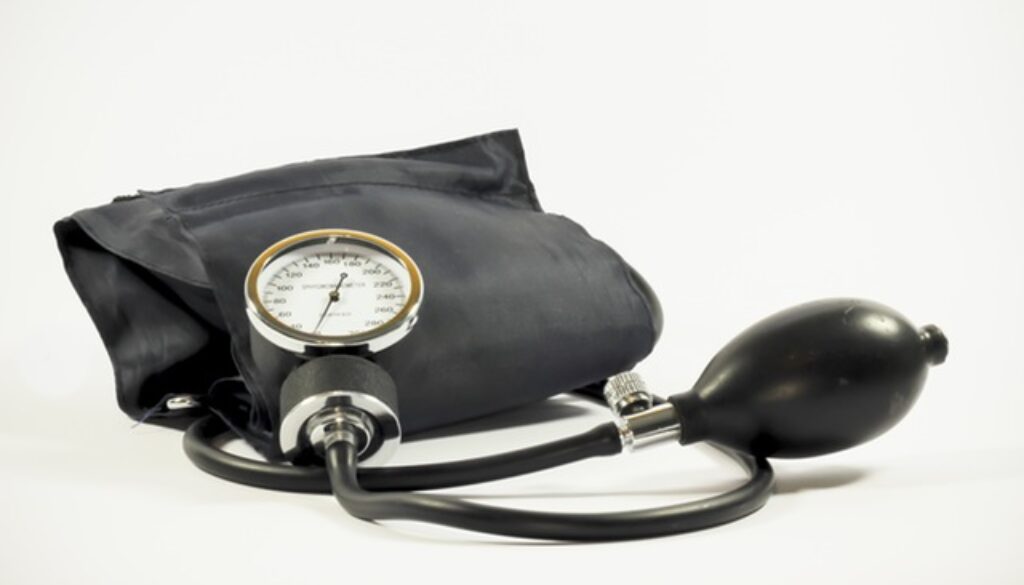Are You at Risk for High Blood Pressure? Take Our Quiz
It’s called the “silent killer.” One-in-three Americans has high blood pressure—and many may not even be aware of it! High blood pressure (also called hypertension) frequently does not show any symptoms, so unless you’re having regular physicals or you’ve participated in a free screening at a health fair, you may not realize you’re at greater risk for heart attack or stroke.
What is high blood pressure?
Every time your heart pumps, blood courses through vessels, exerting pressure on the walls of your arteries. When this pressure is too high, the result is high blood pressure, also called hypertension. It may rise and fall with age and body size. Sometimes getting up quickly can cause a brief change in blood pressure.
High blood pressure occurs when the blood flows through the arteries at a higher pressure than normal.
Your blood pressure is measured in millimeters of mercury, and is typically expressed as a pair of numbers: a top number and a bottom number (for example, “110 over 76.”) Blood pressures higher than 120/ 80 are considered abnormal.
What do heart rate numbers mean?
The top number is called the systolic number. This is the pressure on your vessels when your heart is pumping blood.
The bottom number is called the diastolic pressure, and that’s the pressure measurement when your heart is at rest between beats.
Having trouble remembering which is which? Try this: the diastolic number is the bottom number, so think of the word “down,” which also begins with “d.”
What are the dangers of high blood pressure?
Untreated hypertension can cause or put you at risk for several other diseases, including:
- Hardening of the arteries, called atherosclerosis.
- Aneurysm (a ruptured blood vessel)
- Heart disease
- Heart attack or heart failure
- Strokes or mini strokes
- Kidney failure
- Dementia
Are you at risk for high blood pressure? Take our quiz:
Answer “yes” or “no” to the following questions. You may wish to print this page and show your answers to your family doctor.
- Do you frequently put a lot of salt on your food?
- Do you drink, on average, more than two drinks a day?
- Does anyone in your family have high blood pressure?
- Do you smoke?
- Are you over age 40?
- Do you lead a sedentary lifestyle?
- Are you overweight or obese?
- Are you African American? (certain races have a greater risk of high blood pressure than others).
- Have you ever had kidney problems or signs of kidney disease?
- If you’re a woman, have you undergone menopause?
If you answered yes to even two of these questions, you should schedule an appointment with your local family physician, who can help assess your risk.
How to Control High Blood Pressure
Only 52 percent of those with high blood pressure have it under control. This percentage is even more alarming when you consider the disease’s reputation as a “silent killer.”
A few simple steps can put you in the right direction:
- If you haven’t had your blood pressure checked, schedule an appointment to see your doctor.
- Stop smoking.
- Exercise regularly. Your doctor will be happy to help you establish a fitness regimen.
- Cut down on the amount of salt in your diet.
- Take any medication as prescribed.
While it may take years before damage from high blood pressure is evident, the good news is there are a lot of proactive steps you can take to reduce your risk. Keeping your blood pressure under control takes continual effort and following treatment plans from your doctor.




